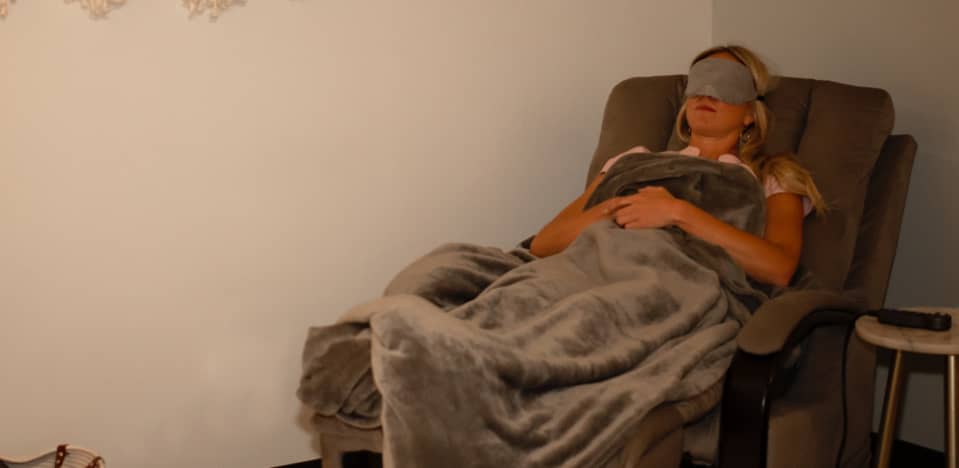Research has suggested multiple mechanisms of action regarding how ketamine works as a fast acting and long lasting antidepressant:
- Ketamine is an antidepressant that works within hours and days. The cumulative effects of multiple treatments of ketamine provide sustained antidepressant effects. Per Northwestern University, “Ketamine is the speedster of antidepressants, working within hours compared to more common antidepressants that can take several weeks”. Ketamine does so by increasing the activity of neurons, creating behavioral/mood changes, and this happens immediately. Standard antidepressants increase the number of neurons, to create a behavioral/mood change, but this can take weeks.
- A Penn Medicine Study found that ketamine works like flipping a switch, dramatically reorganizing brain activity. After ketamine administration it was observed that “normally active neurons that were silenced and another set that were normally quiet suddenly springing to action. This ketamine-induced activity switch in key brain regions tied to depression may impact our understanding of ketamine’s treatment effects.
- Studies from Yale Medicine concluded that ketamine is a very effective antidepressant that works by increasing glutamate production. This results in new neuronal connections being formed, from there new pathways are formed in the brain allowing the patient to develop more positive thoughts and ultimately more positive behaviors”.
Chen, J. (2022, March 9). Yale psychiatrists, pioneers of ketamine research, shed light on ketamine. Yale Medicine. Retrieved February 16, 2023, from https://www.yalemedicine.org/news/ketamine-depression
Otto, F. (2022, December 1). Penn Medicine Study Gives Peek of How Ketamine Acts as ‘Switch’ in the Brain. Penn Medicine News. Retrieved February 16, 2023, from https://www.pennmedicine.org/news/news-releases/2022/december/a-peek-of-how-ketamine-acts-as-switch-in-the-brain
Paul, M. (2022, June 1). Why ketamine is a speedster antidepressant. Northwestern Now. Retrieved February 16, 2023, from https://imperialbiosciencereview.com/2020/10/02/chemically-rewiring-the-brain-to-increase-performance-using-psychedelics/
Think of the brain as a hill covered in snow, and thoughts as sleds gliding down that hill. As one sled after another goes down the hill a small number of main trails will appear in the snow. And every time a new sled goes down, it will be drawn into preexisting trails, almost like a magnet. In time it becomes more and more difficult to glide down the hill on any other path or in a different direction. Think of psychedelics as temporarily flattening the snow. The deeply worn trails disappear, and suddenly the sled can go in other directions, exploring new landscapes and, literally, creating new pathways.
Neuroscientist Mendel Kaelen
ISachdev, S. (2020, October 2). Chemically rewiring the brain to increase performance using psychedelics. Imperial Bioscience Reivew. Retrieved February 16, 2023, from https://imperialbiosciencereview.com/2020/10/02/chemically-rewiring-the-brain-to-increase-performance-using-psychedelics/.

